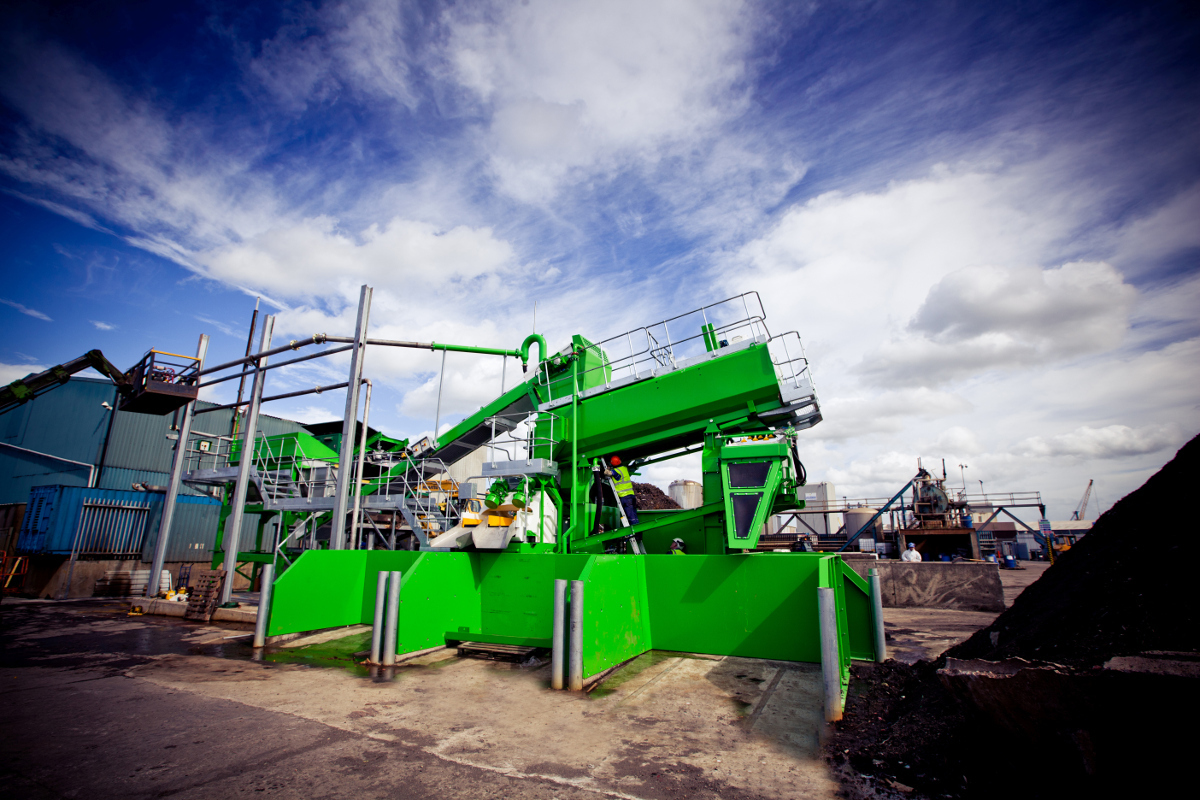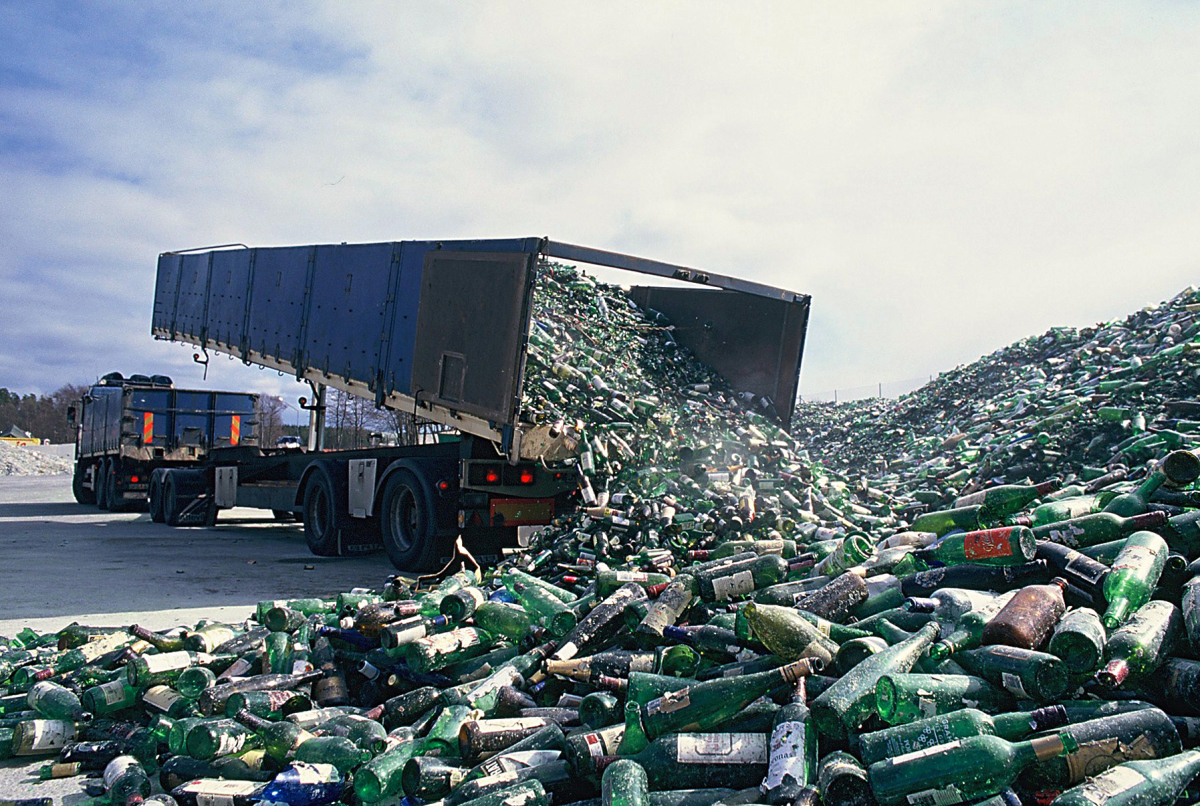Veolia’s waste partnership with J D Wetherspoon highlights carbon savings, and zero waste to landfill success in the hospitality sector
30.05.2025Veolia, working in partnership with J D Wetherspoon, is accelerating progress towards net zero targets in the hospitality sector through advances in the waste management operation that avoided over 20 000 t CO₂ in 2024. From its Curry Club and Quarterly Real Ales, award winning J D Wetherspoon is famous for its food and drink, and has driven sustainability over the last eight years with a zero waste to landfill approach. To support this aim, Veolia has implemented wide ranging recycling programmes that now enable glass waste to be turned into new products, and generates renewable energy from food waste.
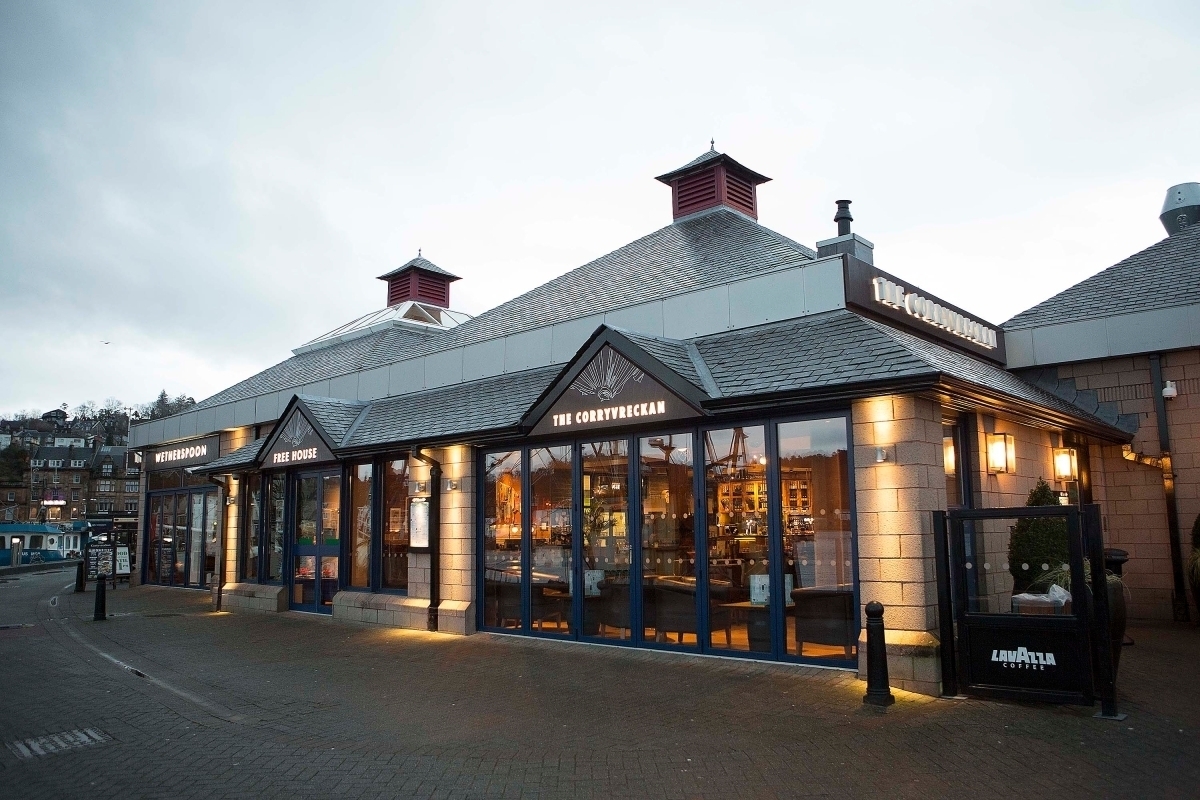 The Corryvreckan – a pub in Oban and part of the J D Wetherspoon chain
The Corryvreckan – a pub in Oban and part of the J D Wetherspoon chain
© Veolia / Wetherspoon
Operational since 2018 Veolia’s industry-leading recycling programme covers around 750 of Wetherspoon’s sites across the UK, and treated 31 181 t of glass and food waste in 2024. The recycling of glass, and treatment of unusable food waste avoided 16 481 t CO₂e compared to sending the same material to landfill, equivalent to over 60 million car miles, or 31 700 return journeys from Lands End to John o’Groats.
In 2024 alone, 21 619 t of waste glass was recycled by Veolia, transforming it into a ‘furnace-ready’ quality as a key raw material used to manufacture new products including energy saving insulation. This ‘furnace ready’ recycled glass produces less CO₂ and replaces the need to use virgin raw materials from quarries, and the process uses less energy than traditional methods of manufacturing.
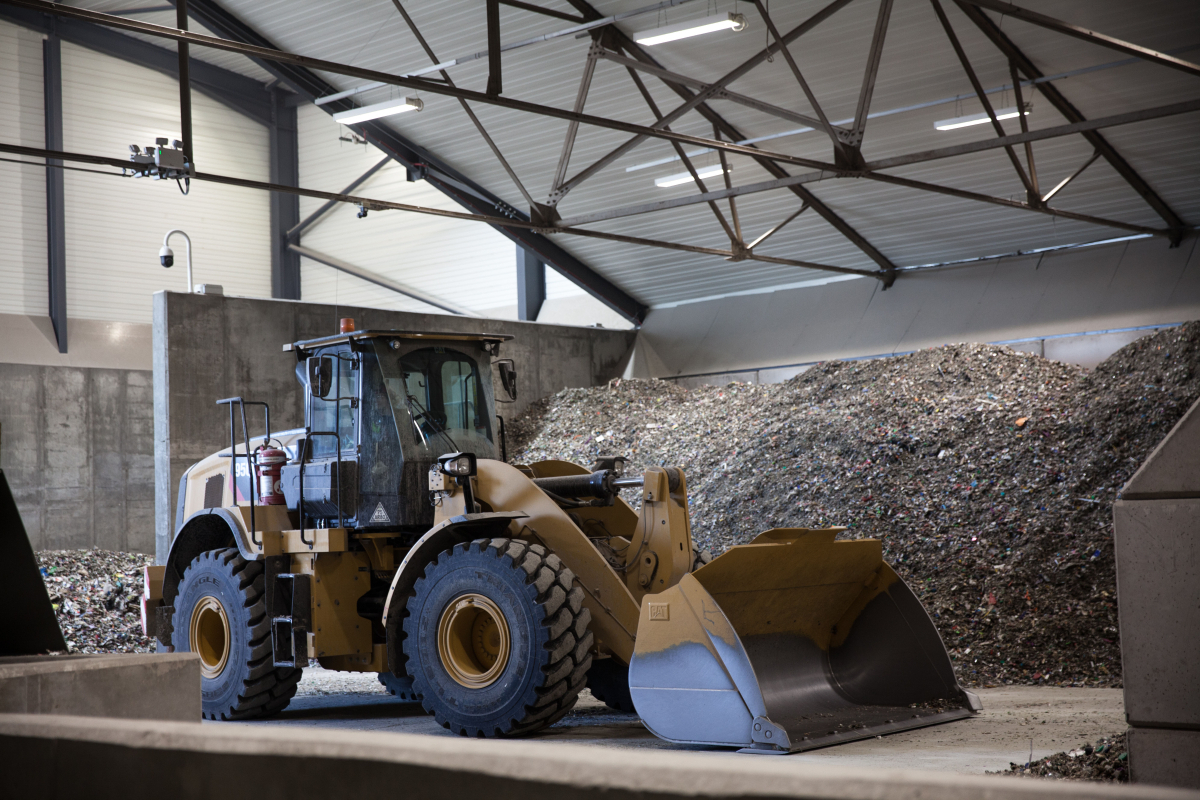 Glass recycling by Veolia
Glass recycling by Veolia
© Veolia
To ensure everything from is treated sustainably, this food waste stream is collected and used to produce green energy by using anaerobic digestion technology to produce biogas, which is in turn used to generate renewable electricity. By effectively treating the 9562 t of food waste this way the process now supplies renewable electricity for around 1000 homes and reduces reliance on fossil fuels.
In late 2024, Wetherspoon introduced Tetra Pak recycling as a new initiative, responding to the need for sustainable solutions for its approximate 6.4 million Tetra Pak cartons used annually. Pubs now return these cartons to a distribution centre, where they are baled and collected by Veolia for onward recycling.
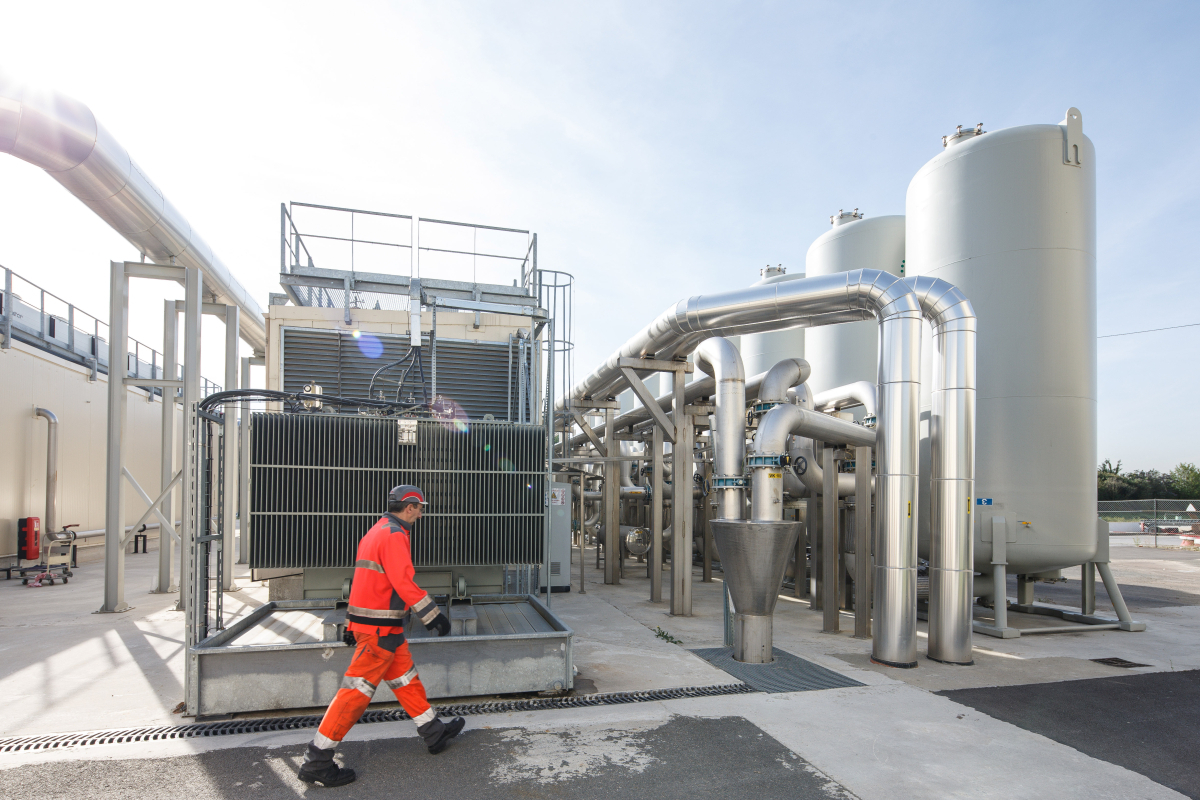 Food waste stream is collected and used to produce green energy by using anaerobic digestion technology to produce biogas
Food waste stream is collected and used to produce green energy by using anaerobic digestion technology to produce biogas
© Veolia
Commenting on these achievements, Adam Wylie, Managing Director – Commercial at Veolia UK said: “To advance progress on net zero targets needs innovation, and our work with J D Wetherspoon demonstrates just what can be achieved. As part of our GreenUp strategic program, which aims to accelerate ecological transformation, it is vital we treat waste sustainably and recognise both the environmental and economic benefits that can be produced by converting it into green energy and new products as part of a wider recycling scheme. As one of the most well-known names on the High Street, we’re proud to be working with the team at J D Wetherspoon, and supporting them to show how the hospitality sector can deliver real sustainability to make a positive impact on the environment and communities we serve.”
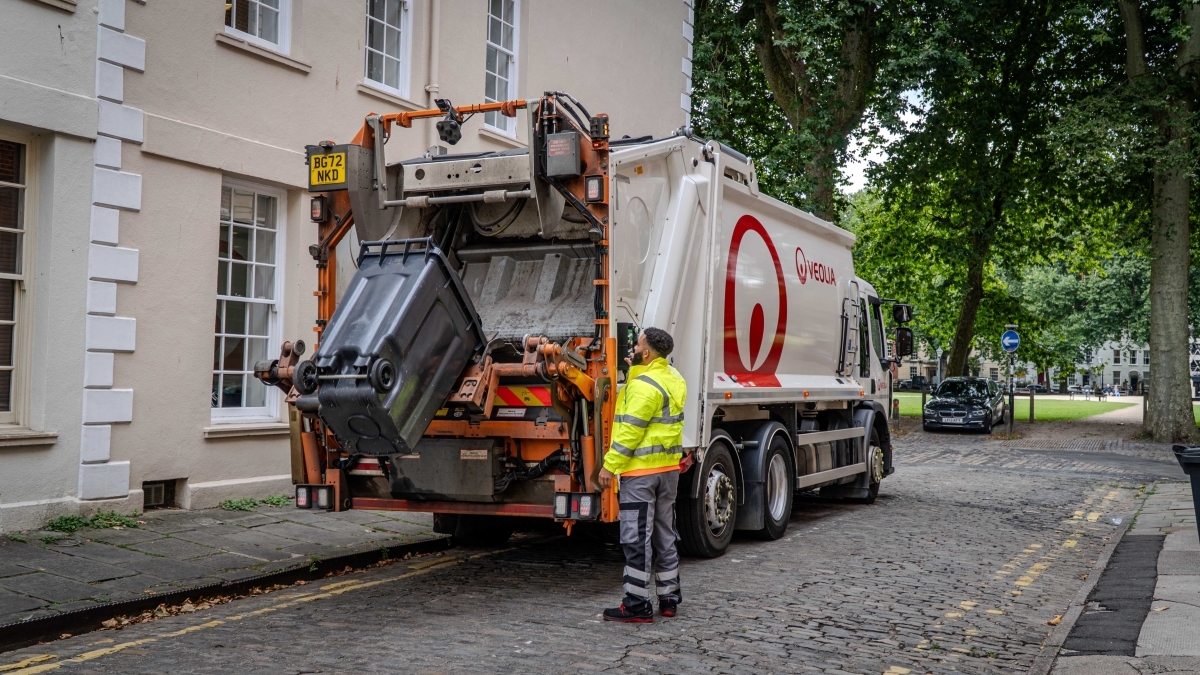 Waste collection by Veolia for onward recycling
Waste collection by Veolia for onward recycling
© Veolia
Mark Miller, JD Wetherspoon's Senior Facilities Manager, added: "Wetherspoon aims to minimise waste and maximise recycling, across the entire business, with a company recycling target of 90 % of all waste. We are on our way to achieving this with our hard-working in-house teams, as well as through partnerships with companies such as Veolia."

